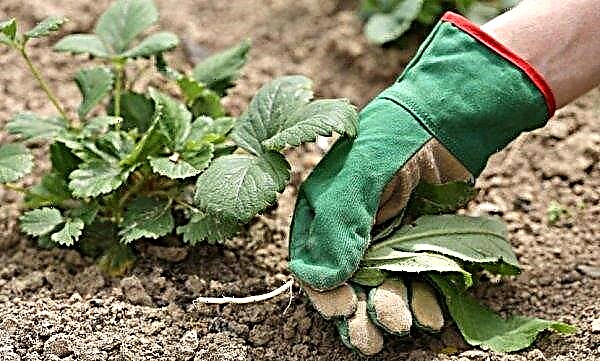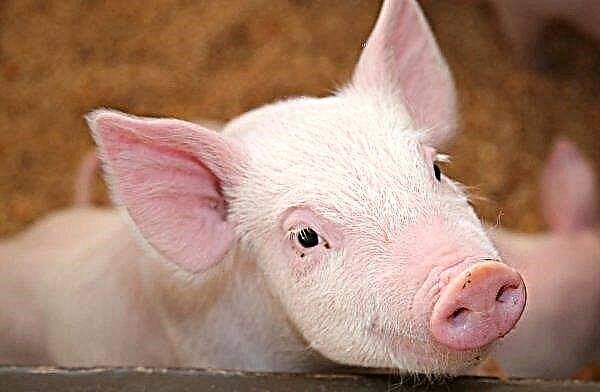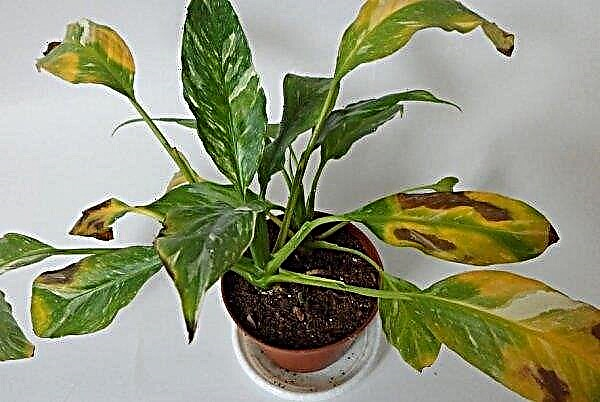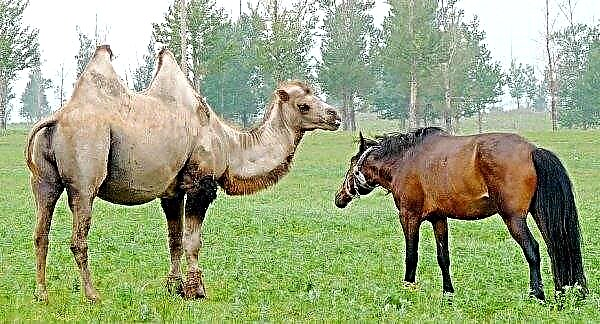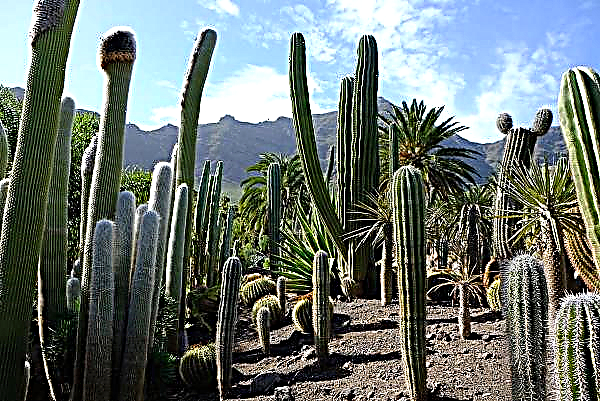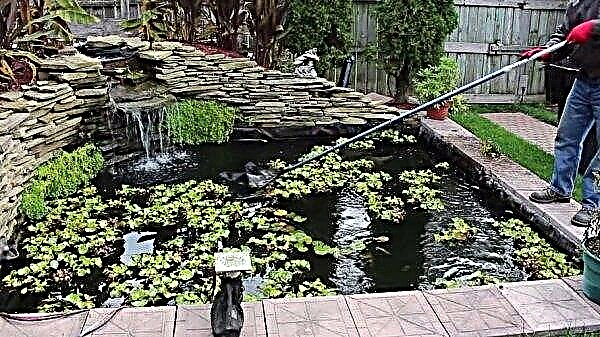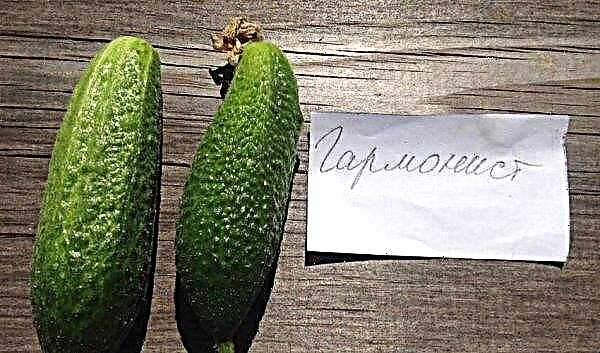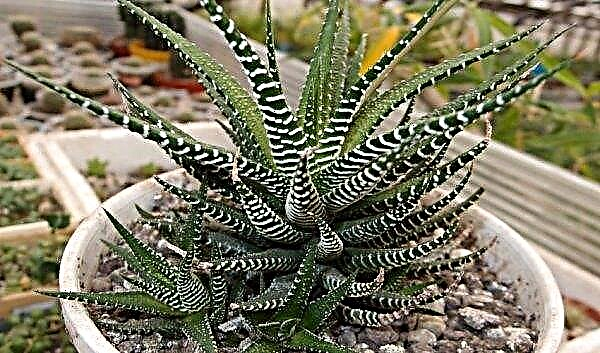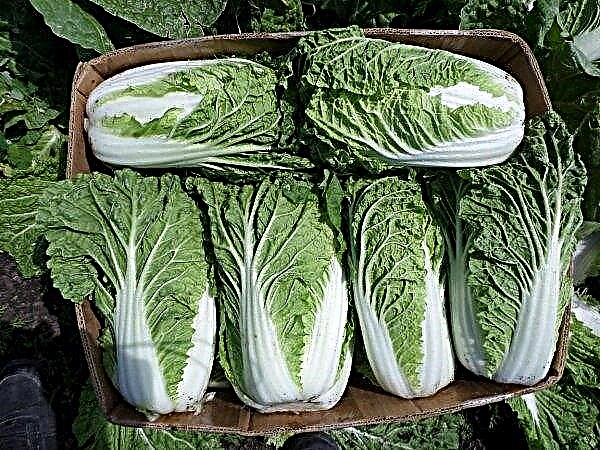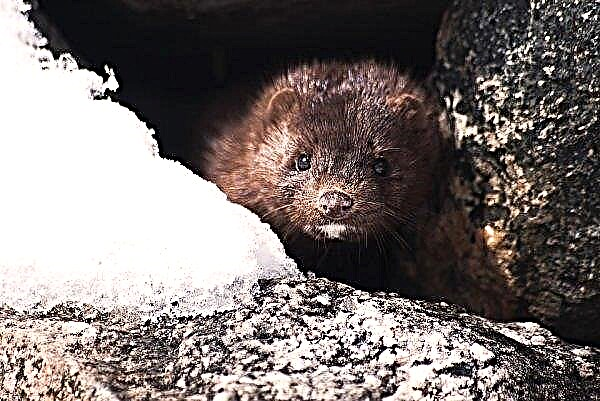There are several reasons why carrots from your garden may be bitter. Read more about these causes and their solutions below.
The main causes of bitterness carrots
Not only fresh carrots collected from the garden can be bitter. During storage, root vegetables can also acquire bitterness. There can be several sources of this phenomenon, more on them later.
Bad soil
Carrots are not suitable for poor nutrition, acidified or alkaline soil. On heavy clay soils, a crust forms, which prevents the penetration of air and an even distribution of moisture. High acidity, below 5 pH, provokes the transformation of many nutrients into a form inaccessible to plants. In addition, most beneficial bacteria living in the soil suspend or completely cease their activity. As a result, plants do not receive enough nutrition - carrots grow small and have reduced taste characteristics. With a high alkaline reaction, above 7.5 pH, plants are not able to absorb iron, which mainly affects the state of the ground part. The tops wither, becomes yellow.
As a result, plants do not receive enough nutrition - carrots grow small and have reduced taste characteristics. With a high alkaline reaction, above 7.5 pH, plants are not able to absorb iron, which mainly affects the state of the ground part. The tops wither, becomes yellow.
Important! An excess of nitrogenous compounds in the soil negatively affects the palatability of carrots and its keeping quality. In this regard, fresh manure and urea, which contain this substance in large quantities, are introduced no later than six months before sowing seeds.
Pest damage
When damaged by pests, carrots also taste bitter.
There are 7 main pests of this culture:
- Carrot fly - pupae of this pest winter in the upper layers of the soil. With the onset of heat, when root crops already exist in the earth, insects are born and begin to actively feed on their juice. Young carrots susceptible to attack by the pest are bitter. You can detect the parasite by the condition of the tops - it acquires a bronze hue and wilts. Over time, the ground part of the plant dies completely, and the remains of the root crop become unfit for food.

- Leaf tree - These small pests can destroy most of the crop. They feed on the leaves of the leaves, causing its partial and complete drying. As a result, the growth of the root crop is slowed down, since the plant is not able to carry out photosynthesis and nourish it normally. If the carrot has formed, its taste will be spoiled.

- Umbrella moth larvae - affect the testes and root crops. Numerous cocoons testify to the presence of the pest on the site, which it leaves, pupating. After this phase, the parasite becomes harmless to carrots, but the taste is already spoiled. In addition, specimens damaged by larvae are poorly stored.
- Slug - feed on the ground part of the plant and root crops. During the day, the parasite hides, and at night comes out to eat. You can determine its presence by the white shiny traces that it leaves when moving around foliage.
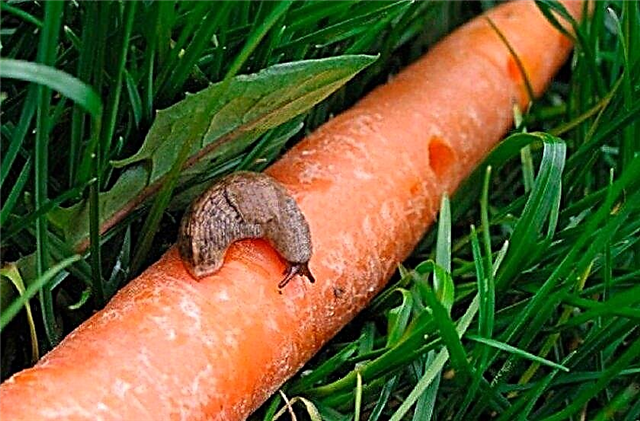
- Nutcracker Beetle Larva, or Wireworm - the parasite is a yellow worm 3 cm long. It feeds on the root, leaving long, thin passages in it. As a result of this activity of the parasite inside the root crop, favorable conditions are created for the development of fungal microflora, which leads to decay.
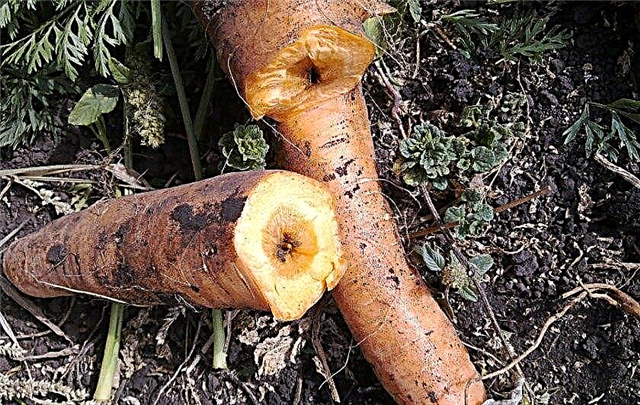
- Carrot aphid - These are noticeable small green bugs that feed on tops. As a result, the foliage begins to curl and dry out, which negatively affects the formation of the root crop and its taste.
- Exclamation Scoop Caterpillars - feed on the root part of the tops and root crops themselves, leaving wide voids in them.
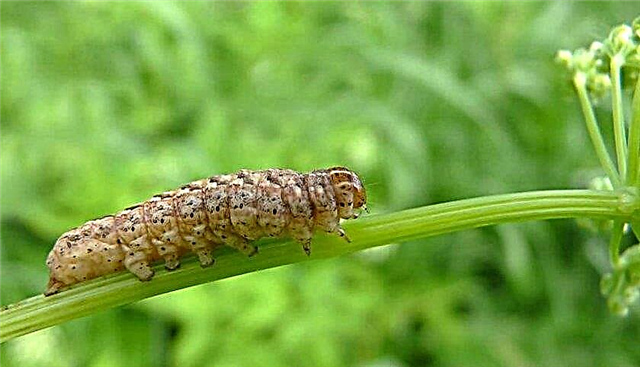
Lack of moisture and improper watering
The cause of bitterness may lie in the lack of moisture in the soil. The optimum indicator is 50% soil moisture. If it is lower, carrots are not able to absorb nutrients and accumulate juice, which leads to bitterness. When watering with cold water, the vegetable also becomes bitter.
Did you know? Edible are not only the roots of carrots. Soup is made from tops and brewed like tea.
Bad variety or seed
Choosing a variety, you need to be guided by its characteristics described on the package. Be sure to pay attention to the preferred areas of cultivation. If this is a variety intended for cultivation in cool regions, then when grown in southern root crops, they will become bitter and much smaller. Also, when choosing seed, you should pay attention to the fact that before you is a variety or hybrid of the first generation.
Varietal seeds can be collected independently and sown the next year. They are able to give a good harvest in 2, 3, 4 and even 5 generations, depending on the variety. However, once every 3-5 years they need to be replaced with new ones. If this is not done, the variety degenerates, which leads to a significant deterioration in taste and quality indicators. Sow the sweetest varieties of carrots - Nantes 4, Vitamin 6, Slasten, Shy, Tenderness, Delight! Hybrids with the designation on the package F1 are generally not able to produce a high-quality crop in the second generation. From the seeds collected from such plants, a bitter crop grows. Early varieties of root crops are not intended for long-term storage. 2 months after harvest, the carrots become bitterness and become too hard.
Sow the sweetest varieties of carrots - Nantes 4, Vitamin 6, Slasten, Shy, Tenderness, Delight! Hybrids with the designation on the package F1 are generally not able to produce a high-quality crop in the second generation. From the seeds collected from such plants, a bitter crop grows. Early varieties of root crops are not intended for long-term storage. 2 months after harvest, the carrots become bitterness and become too hard.
Untimely Harvest
The shelf life and taste of root crops depends on the timing of harvesting. Dug carrots too early can not be stored for a long time, it is quickly affected by fungal diseases. Bacteria feed mainly on carbohydrate compounds, which contributes to the acquisition of a bitter aftertaste.
Did you know? A few centuries ago, English women used fragrant carrot greens as a decor for hats. Then it was fashionable to decorate hats with various leaves and feathers, and this green has not only a pleasant aroma, but also retains freshness for a long time.
Being too long in the soil also negatively affects the taste of the fruit. Fruits not collected on time begin to root out, so all the nutrients leave them.
What you need to do so that carrots do not bite
Only the basal part can be bitter: in this case, it usually acquires a green color. This is triggered by physiological and chemical processes. Greening is a sign of increased production of chlorophylls. Yellow and red chloroplasts, which actually provide the color of the fetus, are converted to green, containing a large percentage of chlorophylls. The process of such a metamorphosis becomes more active in the presence of favorable factors in the form of improper care, lack of nutrition, etc. Is it possible to eat bitter carrots, depends on the cause of this phenomenon. If the root crop is too damaged by pests or diseases, becomes sluggish or, conversely, too hard, then it is not worth eating. However, if only part of the carrot is bitter, they simply cut it off.
The process of such a metamorphosis becomes more active in the presence of favorable factors in the form of improper care, lack of nutrition, etc. Is it possible to eat bitter carrots, depends on the cause of this phenomenon. If the root crop is too damaged by pests or diseases, becomes sluggish or, conversely, too hard, then it is not worth eating. However, if only part of the carrot is bitter, they simply cut it off.
Such a root crop can be used fresh. Heat treatment will help get rid of bitterness completely: along with the evaporation of moisture, an unpleasant taste will also go away. Root vegetables can be used for cooking dishes with frying or combine it with other products with a brighter taste and aroma (pepper, sour cream, meat / fish broths, etc.).
How to prevent the appearance of bitterness carrots
To prevent the appearance of bitterness of carrots, you need to follow these rules:
- Select a variety strictly zoned in the region of planned cultivation.
- It is imperative to conduct deep cultivation (20–25 cm) of the soil six months before planting and immediately before it, in order to avoid the spread of pests and diseases.
- Do not introduce manure during the growing process, but replace it with compost and wood ash.
- Perform regular watering on demand and ensure that the soil is moistened to a depth of at least 20 cm.
- Monitor the acid-base balance of the soil. The optimal indicator for carrots is 5.5–7 pH.
- More often, loosening the soil to ensure the flow of oxygen to the roots.
- Harvest on time.
- Do not store early ripening varieties.
 The main causes of bitterness of carrots are associated with improper agricultural technology.
The main causes of bitterness of carrots are associated with improper agricultural technology.Important! When cultivating carrots, do not use nitrates as a fertilizer. They have the peculiarity of accumulating in the soil, and, accordingly, in root crops, which can lead not only to a deterioration in taste, but also to poisoning.
Under all conditions of cultivation and care, problems with violation of the taste characteristics of root crops can be avoided.







